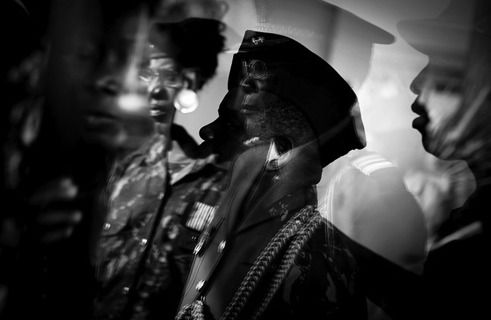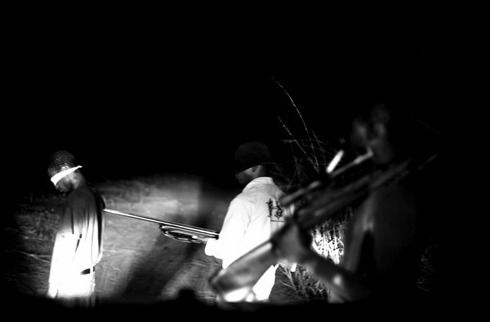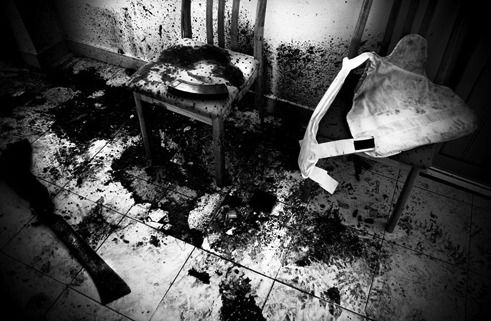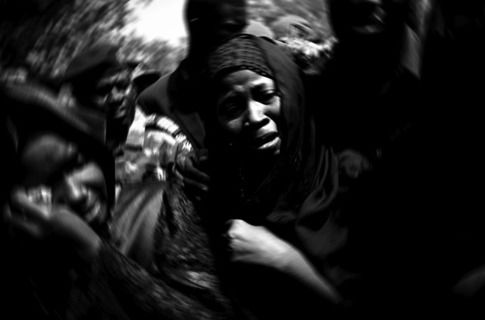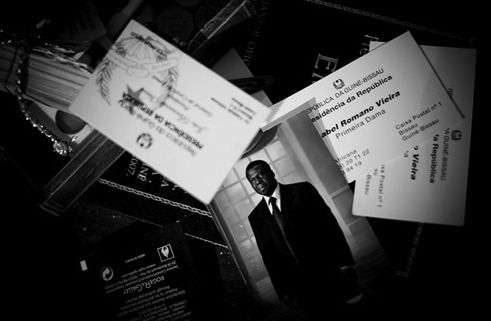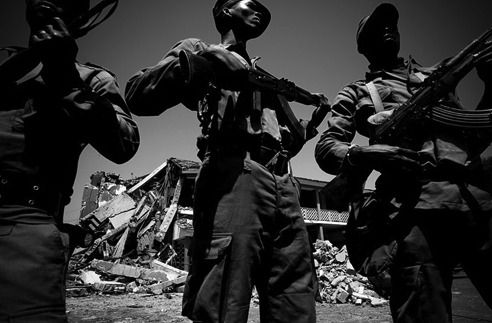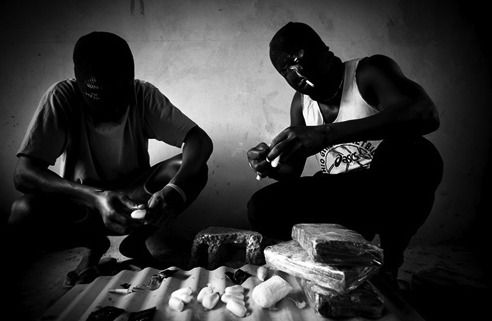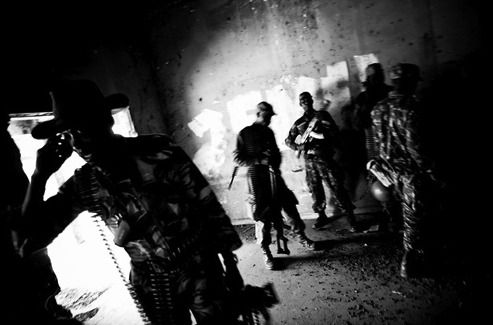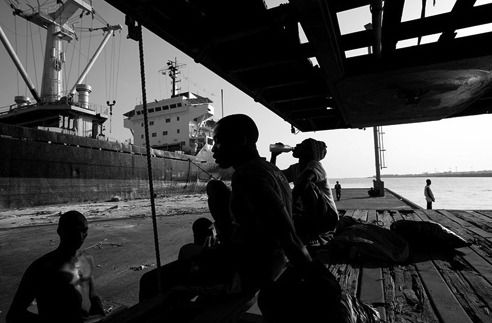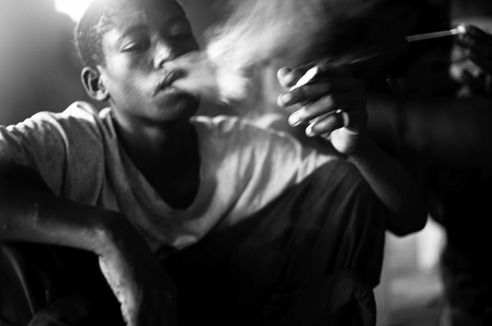July 28, 2009 | Pulitzer Center
Cocaine trafficking has turned Guinea Bissau into Africa's first narco-state, and a lucrative source of cash for Hezbollah and al Qaida as well as South American drug cartels. The double assassinations last March of the country's president and army chief of staff may have been the point of no return as this tiny country sinks into a new era of conflict.
Disclaimer: The following contains graphic imagery and content, and may not be suitable for all ages.
Photographed by: Marco Vernaschi / Pulitzer Center

